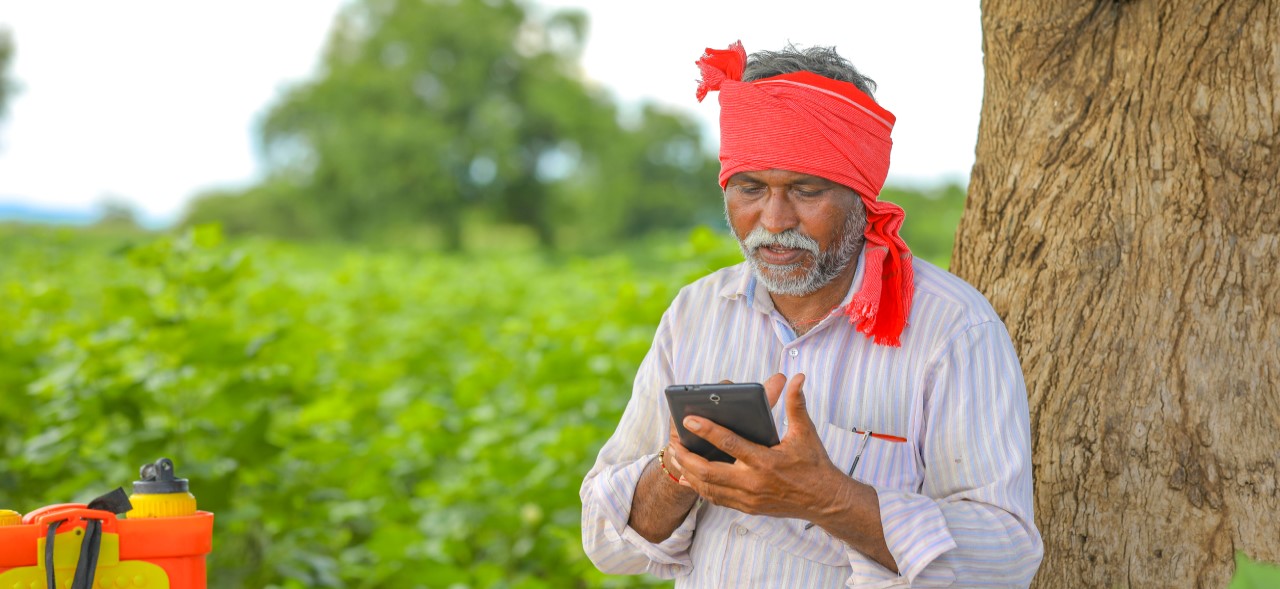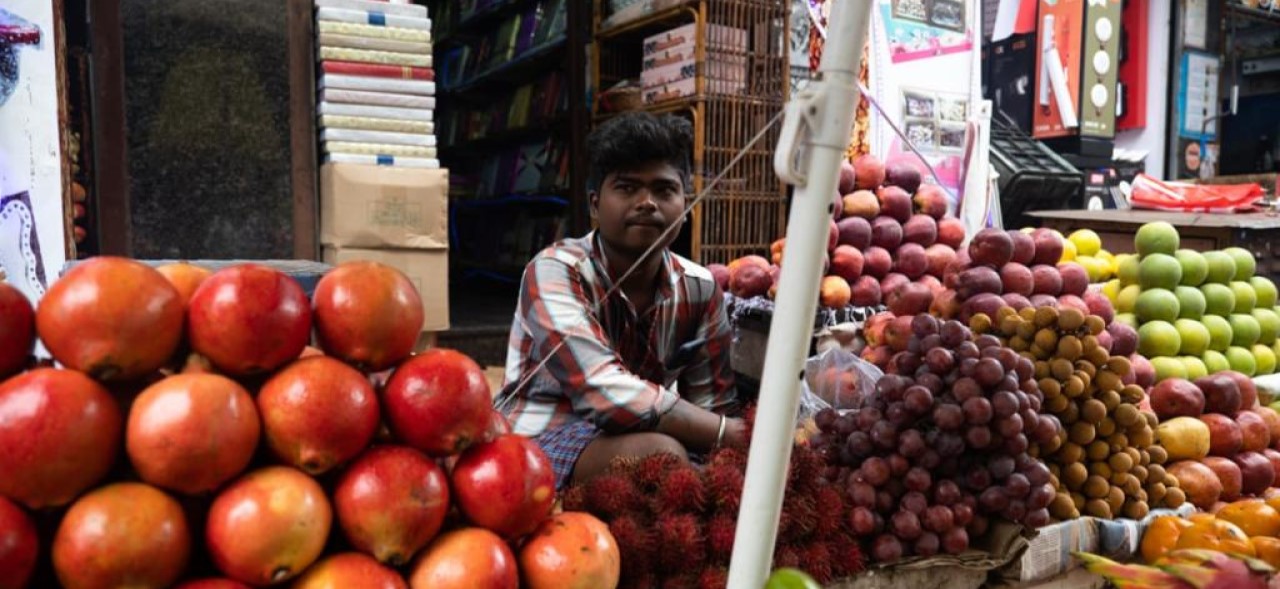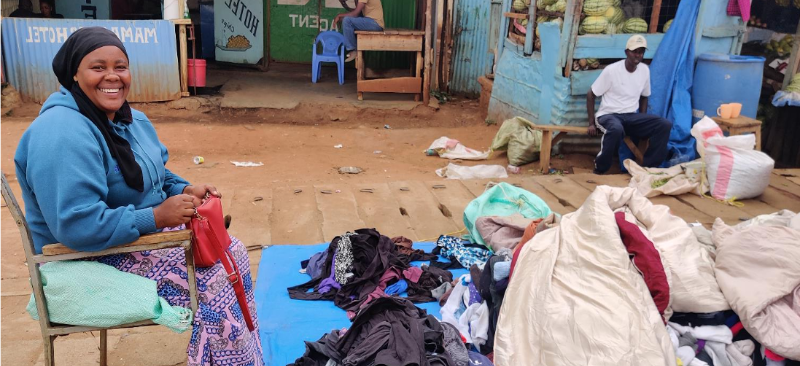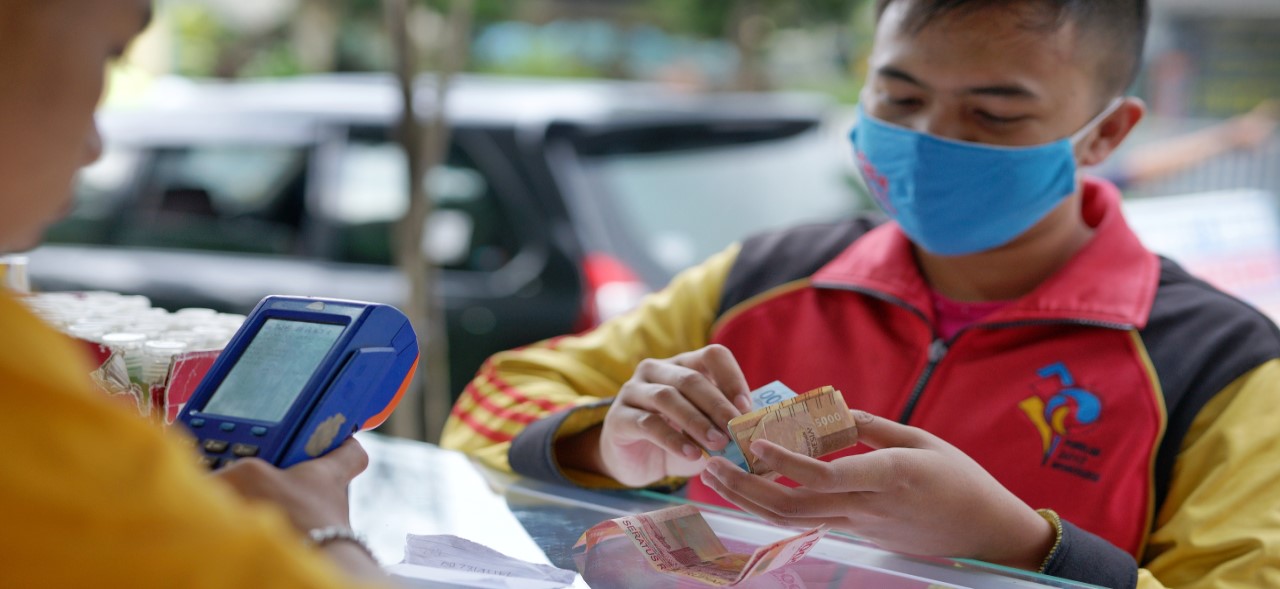Rahul Chatterjee

Rahul Chatterjee
Posts by Rahul Chatterjee
 Blog
Blog
Rahul Chatterjee and Shawn Hunter
Bridging the digital divide by enhancing effective digital finance usage among the poor | Part 1
Jul 30, 2024
 Publication
Publication
Rahul Chatterjee and Rajarshi Dutta Barua
Voices of India’s MSMEs: Insights notes from The Diaries – Edition 1
Nov 16, 2023
 Publication
Publication
Rahul Chatterjee, Shrutkirti Dhumal and Kunal Sharma
The use of digital platforms for business—insights from Women’s Business Diaries in Bangladesh
Nov 16, 2023
 Blog
Blog
Rahul Chatterjee, Elizabeth Gathu, Pauline Katunyo, Grace Kathure and Kim Kariuki
Lessons from the Financial Diaries research with women traders in Kenyan open-air markets and cross-border trades
Sep 27, 2023
This site uses cookies, by continuing your navigation, you agree with our Cookie Policy.Ok

